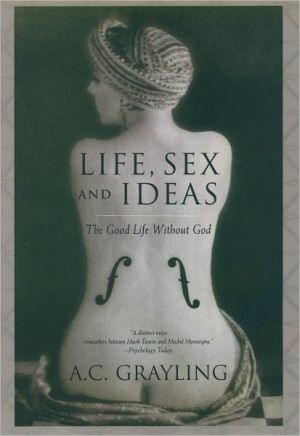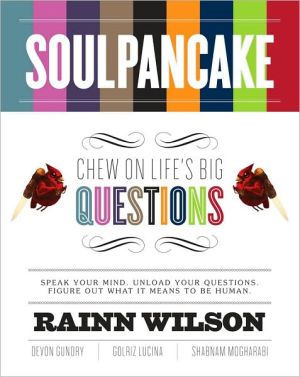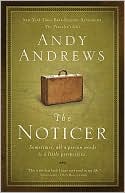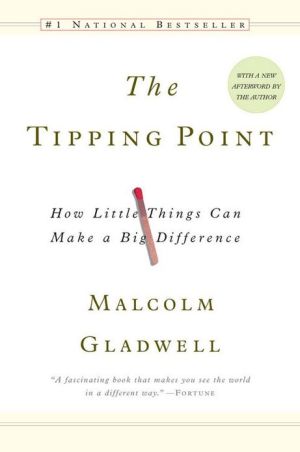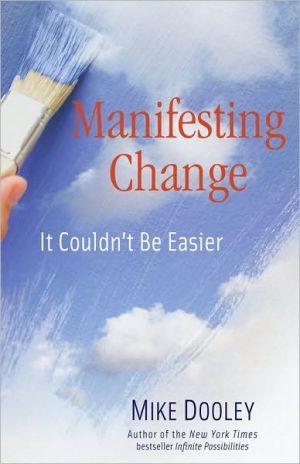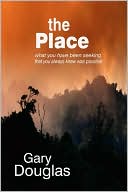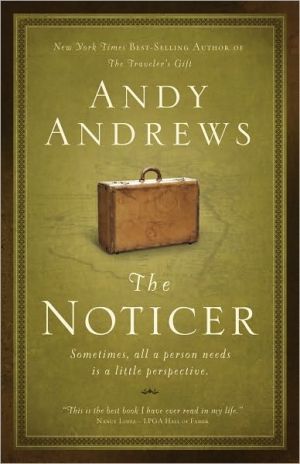Life, Sex and Ideas: The Good Life without God
"A distinctive voice somewhere between Mark Twain and Michel Montaigne" is how Psychology Today described A.C. Grayling. In Life, Sex and Ideas: The Good Life Without God, readers have the pleasure of hearing this distinctive voice address some of the most serious topics in philosophy -- and in our daily lives -- including reflections on guns, anger, conflict, war; monsters, madness, decay; liberty, justice, utopia; suicide, loss, and remembrance. A civilized society, says Grayling, is one...
Search in google:
"A distinctive voice somewhere between Mark Twain and Michel Montaigne" is how Psychology Today described A.C. Grayling. In Life, Sex, and Ideas: The Good Life Without God, readers have the pleasure of hearing this distinctive voice address some of the most serious topics in philosophy—and in our daily lives—including reflections on guns, anger, conflict, war; monsters, madness, decay; liberty, justice, utopia; suicide, loss, and remembrance. A civilized society, says Grayling, is one which never ceases having a discussion with itself about what human life should best be. In this book, Grayling adds to this discussion a series of short informal essays about ethics, ideas, and culture. A recurring theme is religion, of which he writes "there is no greater social evil." He argues, for instance, that liberal education is better than religion for inculcating moral values. "Education in literature, history, and appreciation of the arts," he says, "opens the possibility for us to live more reflectively and knowledgeably, especially about the nature and variety of human experience. That in turn increases our capacity for understanding others better, so that we can treat them with respect and sympathy, however different their outlook on life." Thought provoking rather than definitive, these essays don't tell readers what to think, but only note what has been thought about how it is best to live. A person who does not think about life, the author reminds us, is like a stranger mapless in a foreign land. These brief and suggestive essays offer us the outlines of a map, with avenues of thought that are a pleasure to wander down. Library Journal Grayling (Meditations for the Humanist) writes in praise of the essay, and his book is an excellent example of a fine essayist in action. It consists of a large number of short pieces on various philosophical themes, including religion, capital punishment, fasting, war, and politics. Grayling views religion with alarm, regarding it as a principal source of fanaticism. Religious views, he holds, should be strictly confined to private life and should have no influence on education and public affairs. Instead, he favors a tolerant humanism that owes much to the Greeks and Romans. He finds value in Stoicism but criticizes it for its reluctance to engage fully with life. Grayling does not confine himself to generalities, however: he has some up-to-the-minute comments on terrorism. He warns against curtailing civil liberties and feels that the threat of terrorism should not induce us to abandon civilized tolerance. Grayling often "tells" us rather than deploying sustained arguments for his controversial views, but readers will benefit from an encounter with his erudite and elegant prose. Highly recommended.-David Gordon, Bowling Green State Univ. OH Copyright 2003 Reed Business Information.
IntroductionEmotion3Moral Education6Emancipation and Ethics11Symbols16Religion20Credulity24Fasting27Meat30Evil33Luxury36Games39Marriage42Sex45Benevolence60Morality63Identity69Cultures72Conservation76Teachers82Intellectuals84Politics91Voting94Utopia97Profit101Power104Protest106Justice109Liberty112Pluralism116Anger121Conflict124Guns126War129War's Causes132Western Victories135Triumph138Safety141War Crimes144Vengeance146Capital Punishment148Bystanders151Slavery154Experience157Suicide163Loss166Obsequies169Remembrance172Naturalness177Nature181Monsters184Madness187Clones193Decay196The Essay201Reading and Reviewing206Biography215Becoming Philosophical219Philosophy228Reality231Values and Knowledge234
\ Library JournalGrayling (Meditations for the Humanist) writes in praise of the essay, and his book is an excellent example of a fine essayist in action. It consists of a large number of short pieces on various philosophical themes, including religion, capital punishment, fasting, war, and politics. Grayling views religion with alarm, regarding it as a principal source of fanaticism. Religious views, he holds, should be strictly confined to private life and should have no influence on education and public affairs. Instead, he favors a tolerant humanism that owes much to the Greeks and Romans. He finds value in Stoicism but criticizes it for its reluctance to engage fully with life. Grayling does not confine himself to generalities, however: he has some up-to-the-minute comments on terrorism. He warns against curtailing civil liberties and feels that the threat of terrorism should not induce us to abandon civilized tolerance. Grayling often "tells" us rather than deploying sustained arguments for his controversial views, but readers will benefit from an encounter with his erudite and elegant prose. Highly recommended.-David Gordon, Bowling Green State Univ. OH Copyright 2003 Reed Business Information.\ \
